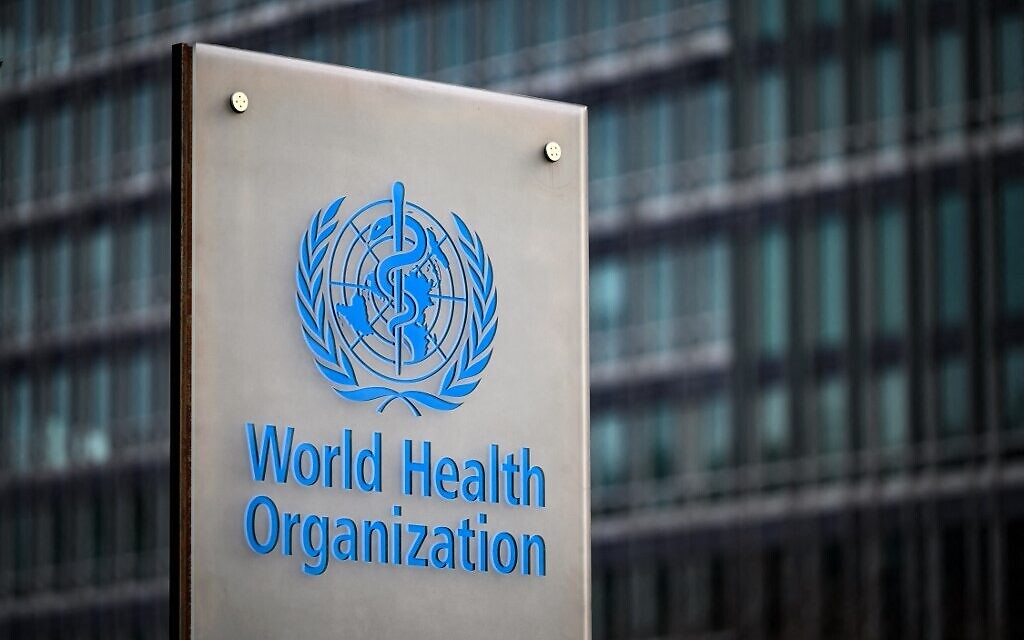
The World Health Organization (WHO) and over 50 countries issued a stern warning Friday at the United Nations about the escalating threat of ransomware attacks on hospitals, a trend that the United States specifically linked to Russia’s actions.
Ransomware, a form of digital extortion, involves hackers encrypting data and demanding a ransom to restore it. The rise in these attacks on healthcare institutions has sparked growing concern, with WHO Director-General Tedros Adhanom Ghebreyesus highlighting the life-threatening consequences of such cybercrime.
Addressing the U.N. Security Council, Ghebreyesus underscored that these attacks could result in delayed or even unavailable critical medical services, putting lives at risk.
"Surveys have shown that attacks on the healthcare sector have increased in both scale and frequency," Ghebreyesus told the Security Council. "Cybercrime, including ransomware, poses a serious threat to international security," he added, urging global cooperation to combat the growing menace.
A joint statement, endorsed by over 50 countries, including South Korea, Ukraine, Japan, Argentina, France, Germany, and the United Kingdom, echoed these concerns. It condemned the attacks as direct threats to public safety, citing their potential to disrupt life-saving healthcare services, inflict significant economic damage, and even undermine international security.
"These attacks pose direct threats to public safety and endanger human lives by delaying critical healthcare services, cause significant economic harm, and can pose a threat to international peace and security," the statement read. It also called out nations that "knowingly" harbor ransomware actors, urging action against those allowing such cybercriminals to operate with impunity.
U.S. Deputy National Security Advisor Anne Neuberger took the opportunity to directly criticize Russia. "Some states – most notably Russia – continue to allow ransomware actors to operate from their territory with impunity," she said.
In a rare moment of confrontation, Russia rejected the Security Council’s involvement in the issue. Russian Ambassador Vassili Nebenzia argued that the council was not the appropriate venue for discussing cybercrime.
"We believe that today's meeting can hardly be deemed a reasonable use of the Council's time and resources," he said. Nebenzia suggested that discussions should focus on other issues, such as the ongoing conflict in Gaza, where Israel's attacks on hospitals were causing significant humanitarian concerns.
Additionally, both France and South Korea pointed to North Korea’s involvement in cyberattacks, further complicating the global debate over cybersecurity and international cooperation.